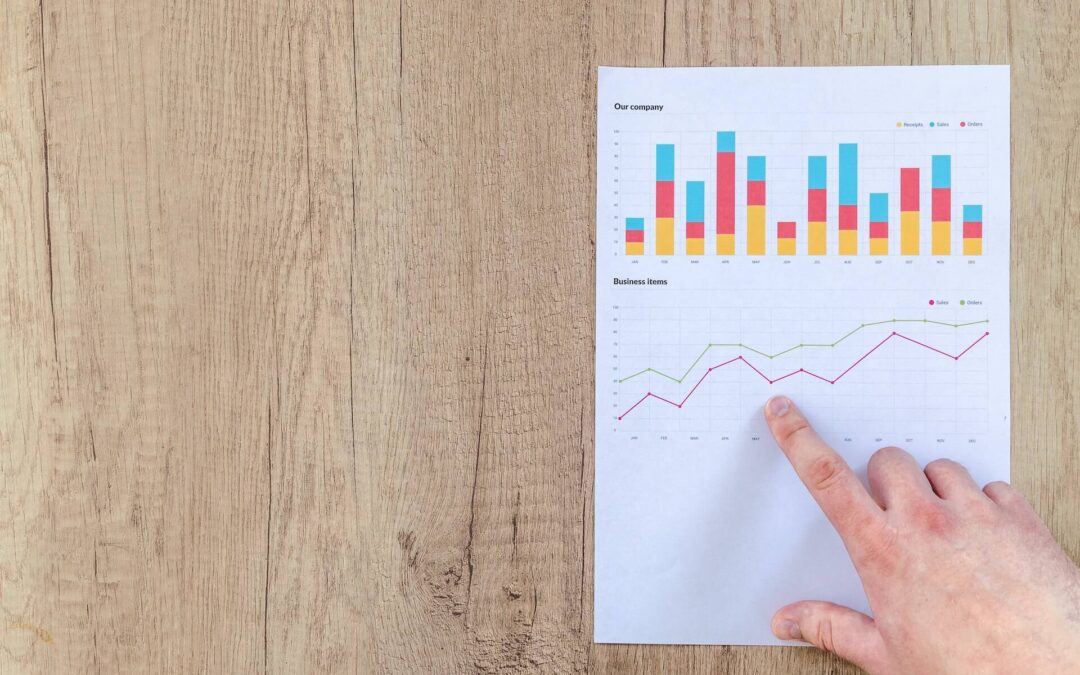Whether you’re new to Keto or seeking to get back on track, you might wonder how long it takes to enter ketosis.
It all depends. Your biology, food, exercise habits, genetics, and various other variables determine your ability to burn fat (and produce ketones).
Even under identical circumstances, two persons will develop ketosis at different speeds. However, as you’ll see, you may change those variables to accelerate your pace.
This post is for you if you want to go into ketosis faster.
What Is Ketosis?
Ketosis is a metabolic condition characterized by high blood ketone levels. [1] (Ketones fuel your brain and body with clean, efficient energy.) How can you produce ketones and enter ketosis? By using fat burning in the liver.
However, fat loss does not occur at random. It requires a signal, which is low insulin. [2]
Insulin is your primary hormone for storing energy. When your insulin levels are high, you store energy. When your insulin levels are low, you burn it. [3]
You maintain low insulin levels by limiting your carbohydrate and, to a lesser extent, protein intake. That is why the Keto diet and intermittent fasting may aid in fat loss. Both reduce carbohydrates.
Entering ketosis through limiting carbohydrates is referred to as nutritional ketosis. It is the type of ketosis being studied for prospective advantages, such as:
- Weight loss [4]
- Craving control [5]
- Improved energy level
- Clearer cognition (ketones fuel the brain) [6]
- Reduced inflammation [7]
- Lower blood sugar (type 2 diabetes reversal) [8]
- Improvements in certain cancers and Alzheimer’s disease [9][10]
Assume you wish to reap these possible rewards. How can you tell if you’re in ketosis?
How To Know You’re In Ketosis
Ketones can be detected in blood, urine, and breath. Blood ketones are the gold standard, and the sweet spot for nutritional ketosis is typically believed to be between 0.5 and 3.0 mmol/L. [11]
But don’t overlook subjective measures. Are you losing weight? Do you want to eat fewer snacks? Not feeling “hangry” during a 5 p.m. video chat that extends into your weekend? It is conceivable that you are in ketosis.
How Long Does it Take to Get Into Ketosis?
There is no standard response to this question. When the conditions in your body allow it, you will enter ketosis.
The fundamental problem is a lack of insulin. If your insulin levels are low, your liver will get the fat-burning signal and produce ketones. [12]
Dietary variables mainly determine insulin levels. If you eat a lot of carbohydrates, your insulin levels will remain high, and you will not produce ketones. However, if you reduce carbohydrates to 5 to 10% of daily calories (the fundamental guideline of Keto diets), your insulin should be lowered enough for the Keto magic to work.
But how long does it take to go into ketosis? That depends on where you start.
It may take a week or more to switch from a high-carb diet. Your cells do not go from burning sugar to burning fat in the blink of an eye.
But what if you’ve just had a cheat day? How long does it take to re-enter ketosis?
It depends on how many carbohydrates you consume, but it may be a day or less. Of course, testing your ketones is the only way to be sure!
Why Some People Take Longer To Enter Ketosis
Some people enter ketosis faster than others. An athlete may re-enter ketosis within hours after consuming a high-carb meal, but a person with type 2 diabetes may require days of a low-carb diet to achieve fat-burning mode.
It all depends on your fat tolerance. If your body is used to operating on sugar, it will take longer to adjust to using fat for energy. [13] However, if you’re Keto cycling (eating carbohydrates occasionally), your return to ketosis will be faster.
5 Tips to Enter Ketosis Faster
Do you want to enter into ketosis as soon as possible? Follow these five suggestions.
#1: Watch Your Carbs
Nothing derails ketosis faster than carbohydrate consumption. Carbohydrate restriction is essential for maintaining a low insulin level and burning more fat.
According to most Keto standards, carbohydrates should not exceed 10% of your daily calories. [14] Athletes may get away with more, while sedentary people may need to tighten their belts.
Be mindful that hidden carbohydrates abound. They may be found in soups, sauces, fruits, starchy vegetables, and mussels.
Log your meals in the Carb Manager app to track your carb intake. You might be surprised at how many carbohydrates your low-carb diet contains.
#2: Eat More Fat
Fat has the smallest insulin effect of any macronutrient. As a result, on a ketogenic diet, fat will be your major energy source. [15]
Choose fatty cuts of meat and fish on Keto, and don’t be afraid to add olive oil, butter, or ghee to your low-carb veggies. Those good fats assist you in entering ketosis.
#3: Try Intermittent Fasting
The technique of taking regular pauses from calories is known as intermittent fasting. These breaks assist you in entering ketosis by keeping insulin levels low.
Combine intermittent fasting and the Keto diet for an effective fat-burning routine. It can be an excellent technique to hasten your fat adaptation.
However, pay attention to your body. Expand your mealtime window and reconsider if you feel weak or weary.
Please keep in mind that intermittent fasting is not for everyone. Young people may find it quite simple to skip meals, but older adults on various medications should check with their doctor beforehand. I.F. is also not recommended for pregnant women, nursing, receiving chemotherapy, or having a history of eating disorders.
#4: Exercise
Exercise causes fatty acids to be released (and burned) for energy. As a consequence, you will be able to enter post-exercise ketosis. [16]
What is the most ketogenic exercise? Aerobic exercise in the “fat-burning zone” of 60-75% of maximum heart rate. [17]
#5: Consider MCT Oil or Exogenous Ketones
Exogenous ketones and MCT oil will not make you fat-adapted, although they may enhance your ketone levels. Higher ketone levels may also provide other advantages, such as better cognition. [18]
Consider these vitamins to aid in your Keto journey. They will not do the task for you, but may make it easier.
Follow a well-planned Keto diet to reach nutritional ketosis. Don’t be alarmed if you don’t enter ketosis right away. You’ll get there in the end.







0 Comments